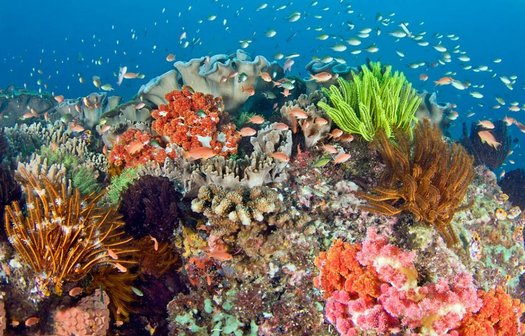
There is only one Great Barrier Reef and it is the largest and most diverse reef system on the planet. But the Reef is under pressure and needs your help.
The Queensland Government has submitted a proposal to expand the Abbot Point Coal Port which is located just north of the Whitsundays, the heart of the Great Barrier Reef. This proposal requires dredging up to 2 million tonnes of seafloor. The impacts will be significant
There is only one Great Barrier Reef and it is the largest and most diverse reef system on the planet. But the Reef is under pressure and needs your help.
The Queensland Government has submitted a proposal to expand the Abbot Point Coal Port which is located just north of the Whitsundays, the heart of the Great Barrier Reef. This proposal requires dredging up to 2 million tonnes of seafloor. The impacts will be significant
We now have a small window of opportunity to stop this madness. We must send a very clear message to the Queensland State Minister that more must be done to protect the reef.
The Queensland Government continues to push the Abbot Point Coal Port Expansion which, if allowed, will have significant impacts on the Great Barrier Reef. The Environmental Impact Statement (EIS) is now out for public submissions. This is our opportunity to let the government know that the Reef is more important than the unnecessary expansion of a port that will never even reach its current capacity. Please take a few moments to complete the submission form below. The Reef will thank you.